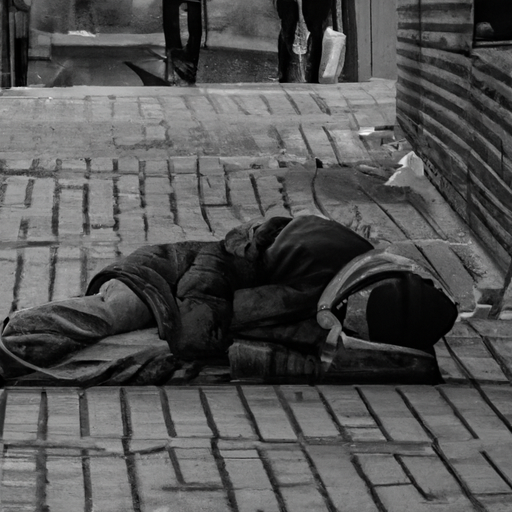The Canadian Opioid Crisis and Mallinckrodt’s Bankruptcy Settlement
The comprehensive and complex socio-economic implications of the opioid crisis have tested our collective resilience for the past two decades. Triggering an exponential rise in addiction, homelessness and crime rates, opioids have created an enduring public health crisis, culminating in numerous lawsuits against pharmaceutical companies believed to be at its epicenter.
An unfolding drama ensues within the pharma world – one that possibly impacts the future outcomes vis-a-vis the opioid crisis. An article on BNN Bloomberg highlights and provides critical insights into these developments.
Mallinckrodt Plc’s Second Bankruptcy and Opioid Settlement
Very recently, a significant development took place in the pharma industry’s role in tackling the opioid crisis. This event involves Mallinckrodt Plc, a pharmaceutical company currently faced with a multitude of lawsuits linking its opioid production to the persistent opioid crisis in Canada. The company has announced that it is on the cusp of its second bankruptcy and is open to settling its opioid litigation.
Mallinckrodt Plc, though British, has faced criticism and legal proceedings in multiple jurisdictions, including Canada, due to alleged irresponsible opioid distribution and resulting community destabilization. The impact on these communities is palpable and includes:
- An increase in homeless populations, causing a strain on shelter and social services.
- A rise in crime rates as individuals may resort to illegal activities to secure these highly addictive substances.
- Burgeoning costs for government and medical services – for instance, increased deployments of naloxone and related treatment interventions to manage opioid overdose cases.
Implications of Mallinckrodt’s Bankruptcy and Settlement
The bankruptcy declaration and the potential consequential settlement signifies a crucial turning point in the battle against the opioid crisis. This move is expected to provide some relief to aggrieved parties represented in the Canadian opioid abatement class action lawsuit by paving the way towards a resolution.
Certain key implications of this settlement include:
- A crucial financial reprieve for victims: By declaring bankruptcy, the company aims to limit its own liability while also ensuring that a portion of its profits are channelled to assist victims of the opioid crisis and fund the necessary support systems.
- An acknowledgement of responsibility: While the company has not officially admitted to any wrongdoings, this move is seen as an admission of its role in the crisis. It presents an opportunity for the pharmaceutical industry to reassess its role in areas of distribution and regulation.
- Precedence for future lawsuits: This could set a legal precedent for lawsuits against other pharmaceutical companies possibly implicated in the escalation of the opioid crisis.
Beyond these immediate implications, this development could potentially augment policy reform and further research into the causes, impacts and possible resolutions to the opioid crisis. It may also encourage more rigor and accountability in pharmaceutical sales, distribution and consumer education.
Conclusion
In summary, Mallinckrodt Plc’s bankruptcy declaration, combined with the potential settlement, promises a crucial turning point in addressing the opioid crisis in Canada. While it offers some immediate relief to victims and sets precedence for future claims, it also sheds light on the broader impacts on homeless populations and crime rates. It brings to the fore the urgent need for stringent regulation, policy reform, and investment in comprehensive support systems.
Indeed, the challenges posed by the opioid crisis are formidable. Yet, recent developments such as these illustrate our collective capacity to confront and overcome them. Let’s ensure that the momentum for confronting and vanquishing the opioid crisis continues unabated.
